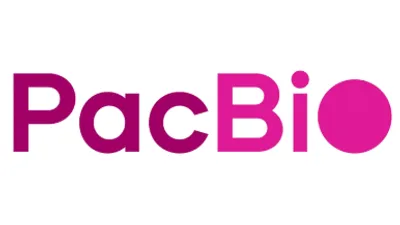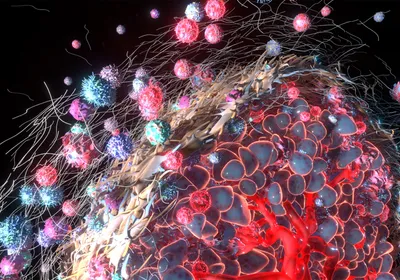 PIXABAY, ALLINONEMOVEUpdate (March 2, 2017): Yesterday (March 1), Juno Therapeutics announced that the company will not be pursuing the further development of JCAR015. The decision, which came on the heels of promising results from the six-month follow-up of competitor Kite Pharma’s CAR T-cell therapy for treatment-resistant lymphomas, was buried in a report on its fourth quarter earnings (via Yahoo! Finance). “Although Juno believes there are protocol modifications and process improvements that could enable Juno to proceed with JCAR015 in clinical testing in adult r/r ALL, Juno would first need to establish preliminary safety and dose in a Phase I trial,” the report read. “As a result of the timing delay that would entail and Juno’s belief that it has other product candidates in its pipeline that are likely to provide improved efficacy and tolerability, Juno, in collaboration with partner Celgene, has made a strategic decision to cease development of JCAR015 at this time.”
PIXABAY, ALLINONEMOVEUpdate (March 2, 2017): Yesterday (March 1), Juno Therapeutics announced that the company will not be pursuing the further development of JCAR015. The decision, which came on the heels of promising results from the six-month follow-up of competitor Kite Pharma’s CAR T-cell therapy for treatment-resistant lymphomas, was buried in a report on its fourth quarter earnings (via Yahoo! Finance). “Although Juno believes there are protocol modifications and process improvements that could enable Juno to proceed with JCAR015 in clinical testing in adult r/r ALL, Juno would first need to establish preliminary safety and dose in a Phase I trial,” the report read. “As a result of the timing delay that would entail and Juno’s belief that it has other product candidates in its pipeline that are likely to provide improved efficacy and tolerability, Juno, in collaboration with partner Celgene, has made a strategic decision to cease development of JCAR015 at this time.”
Following the deaths of three patients in a phase II cancer immunotherapy clinical trial, Juno Therapeutics has put the brakes on the study. The firm believes that a combination of the genetically engineered T cells with a chemotherapy drug led to the fatal problems.
Patients in the trial were being treated for acute lymphoblastic leukemia with a so-called CAR-T (chimeric antigen receptor T-cell) therapy. According to STAT News, early safety studies with a single chemo drug showed promise, “but adding fludarabine in other immunotherapy trials improved outcomes with no additional risks, [Juno CEO Hans] Bishop said, so the company decided to try it with JCAR015.”
In May, one patient died after developing swelling in the brain, but after alerting the US Food and Drug Administration ...























